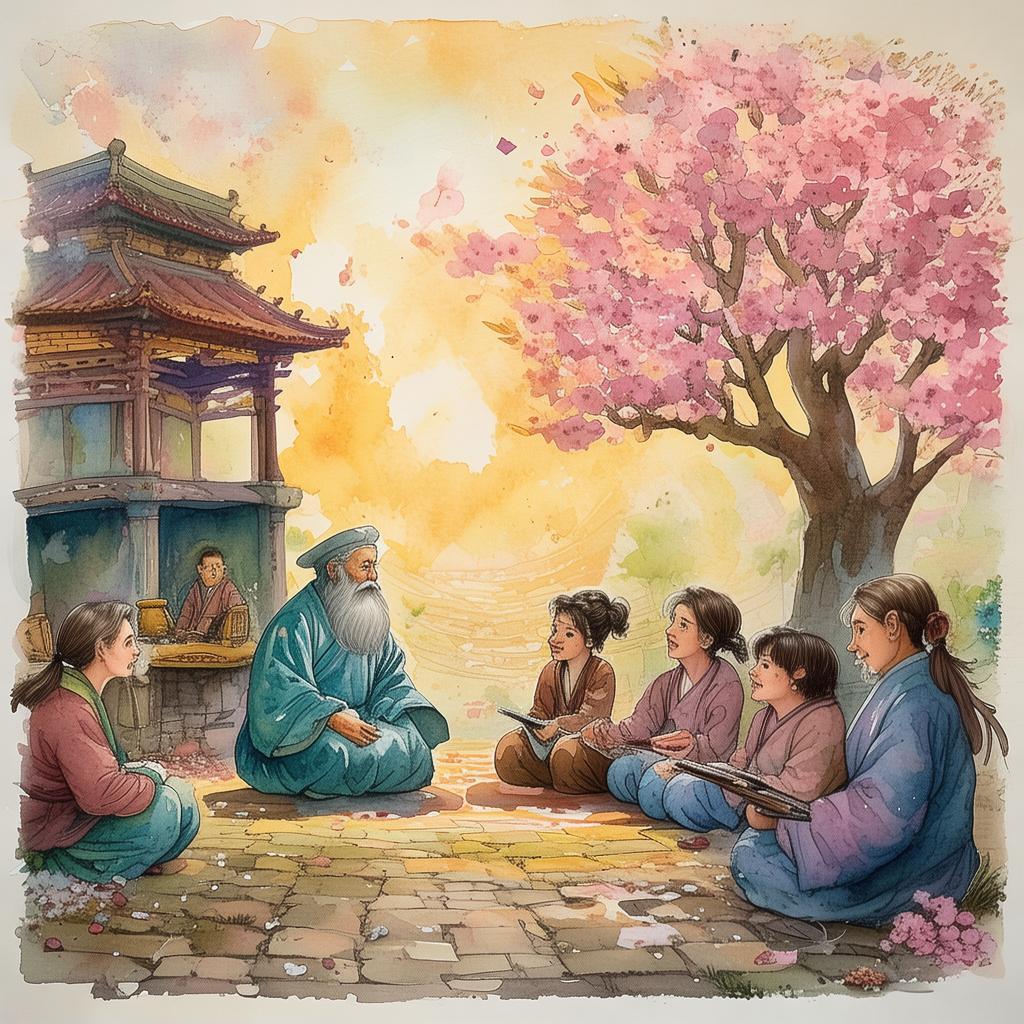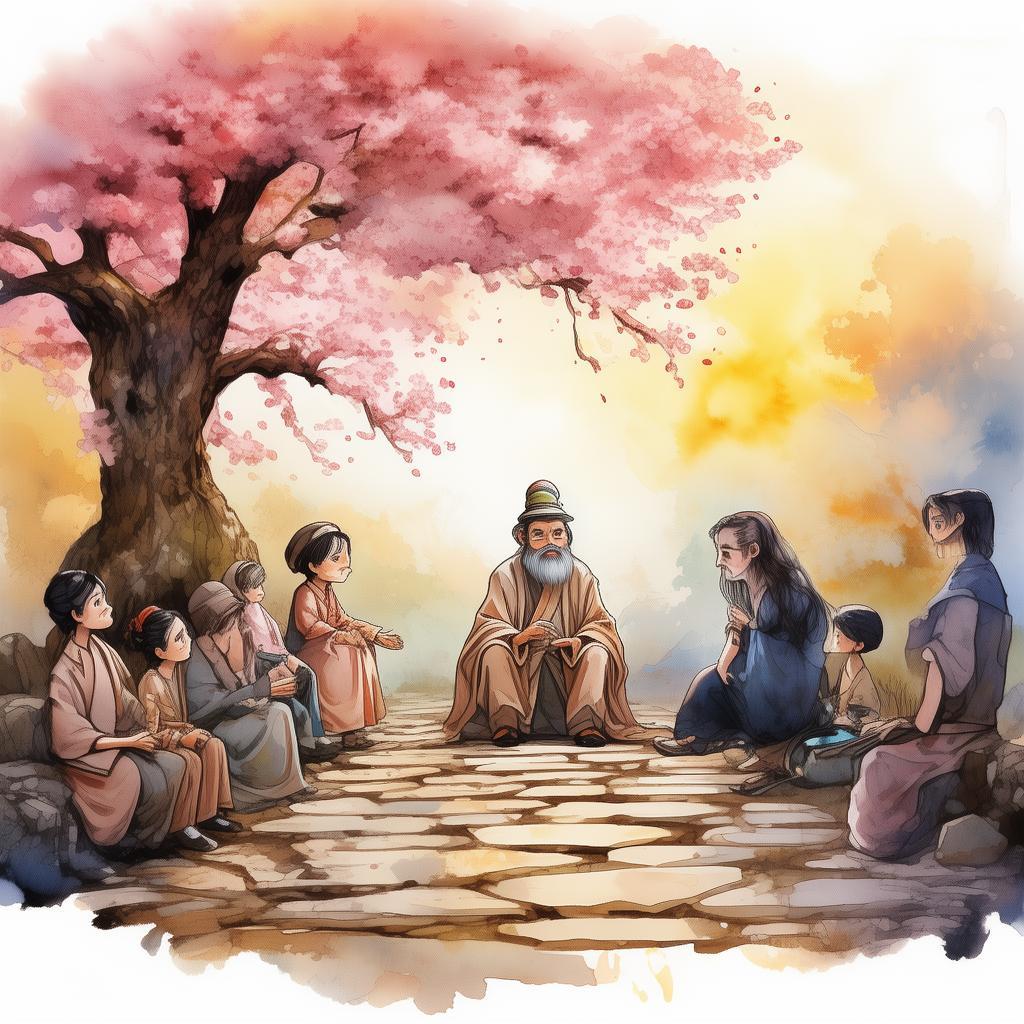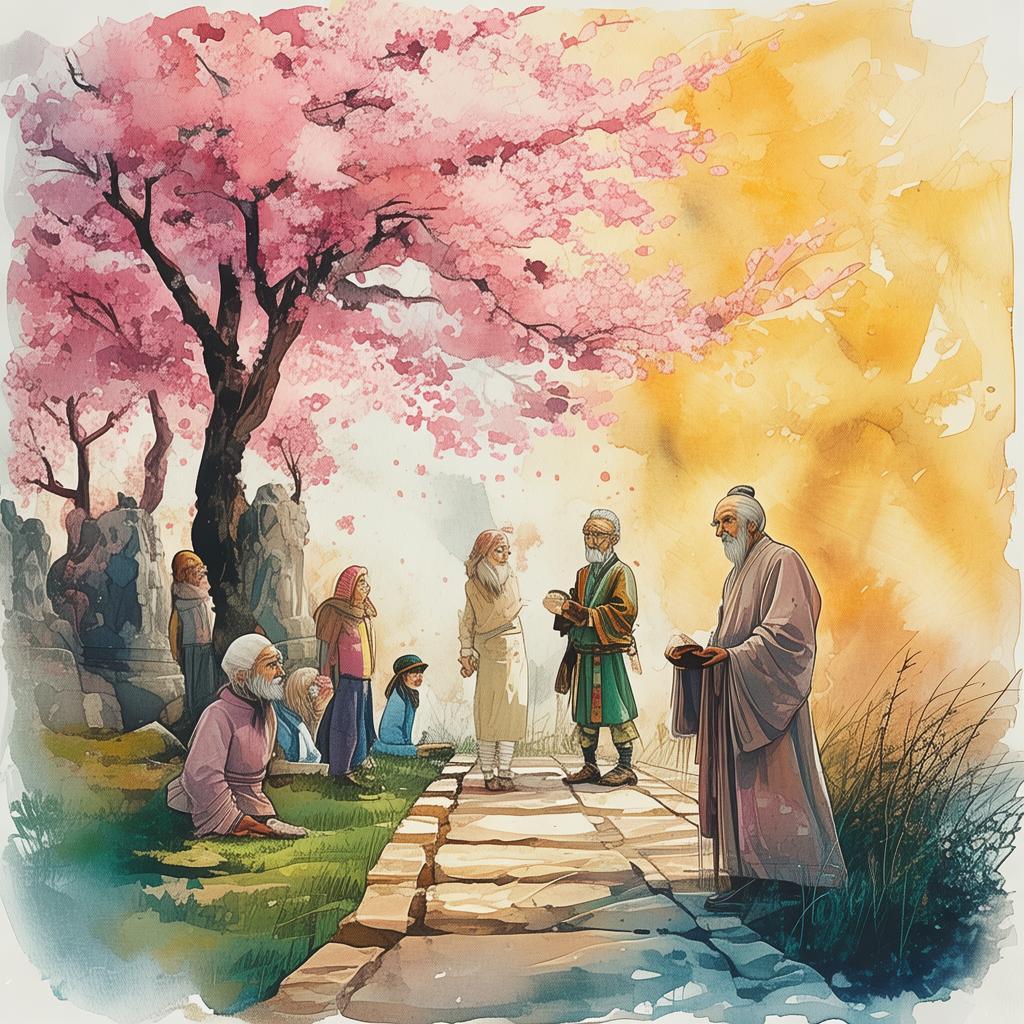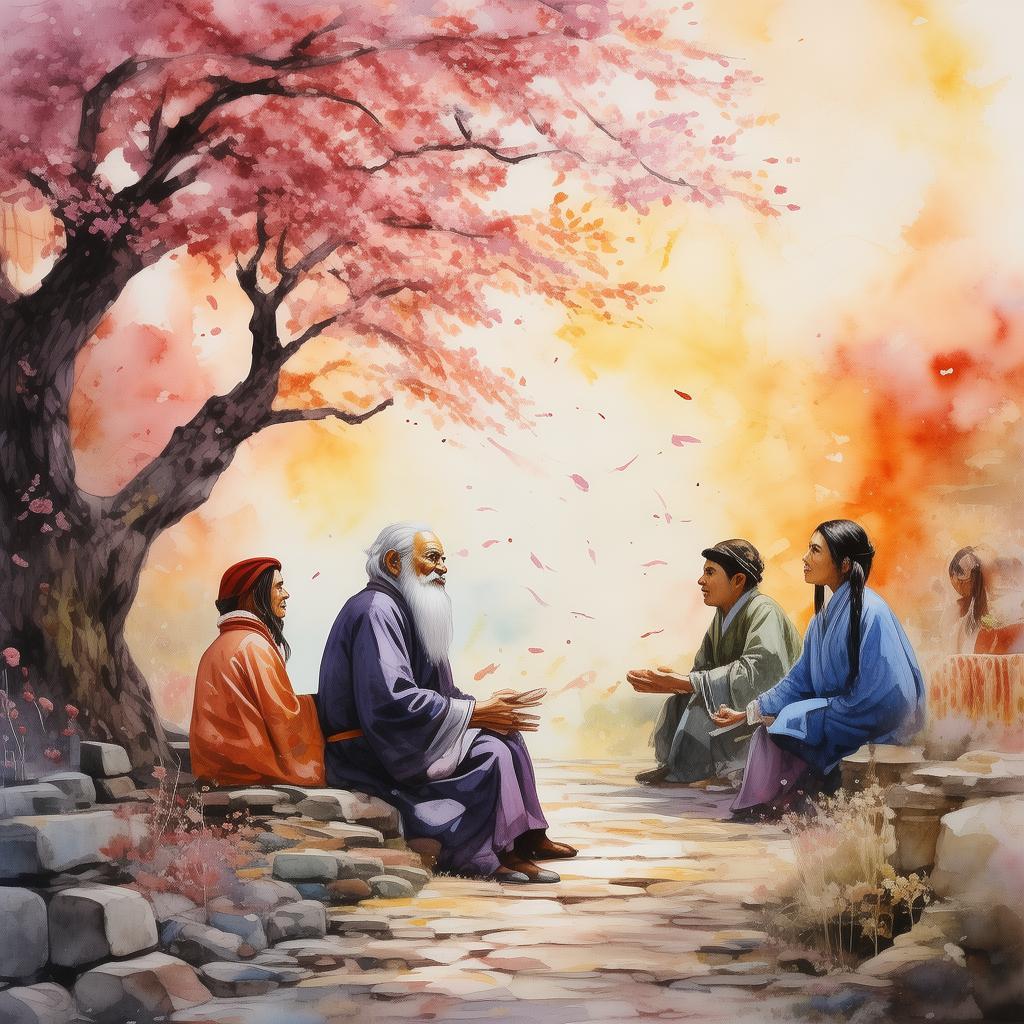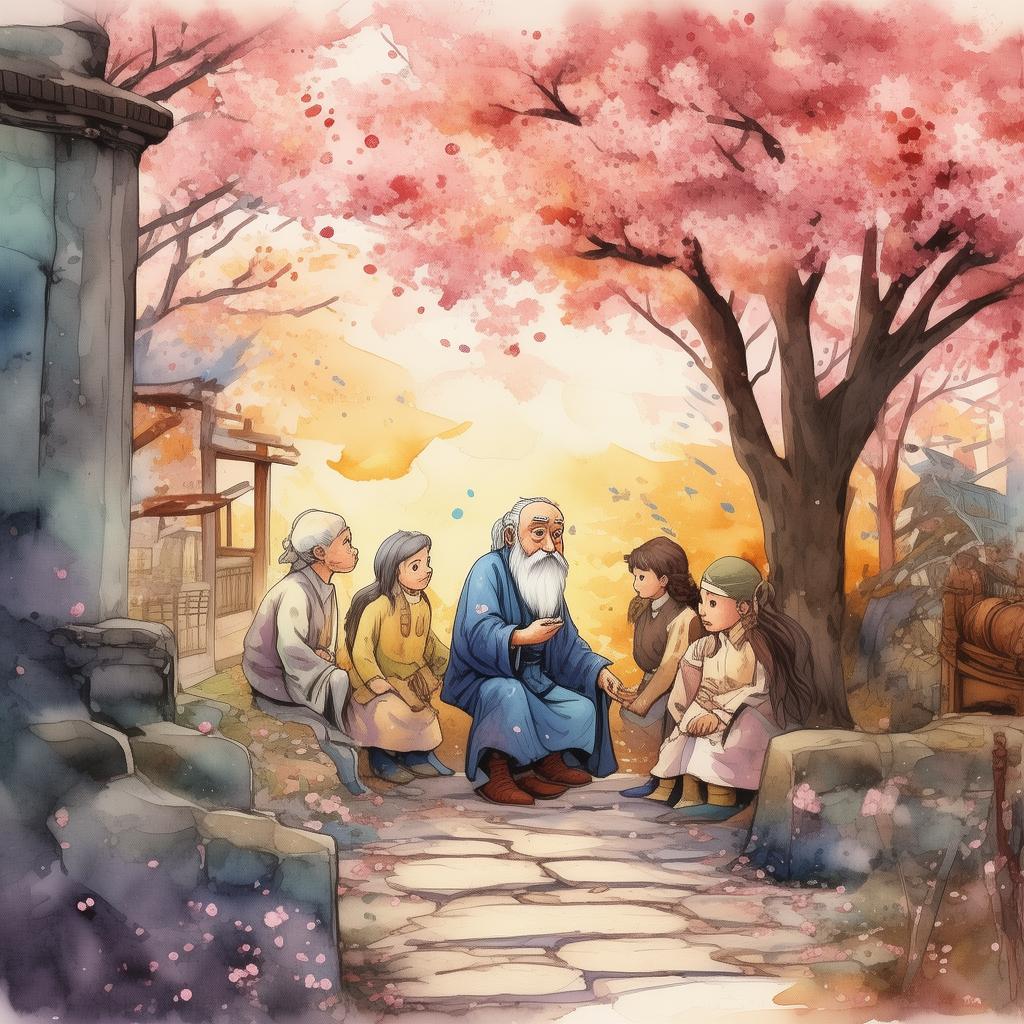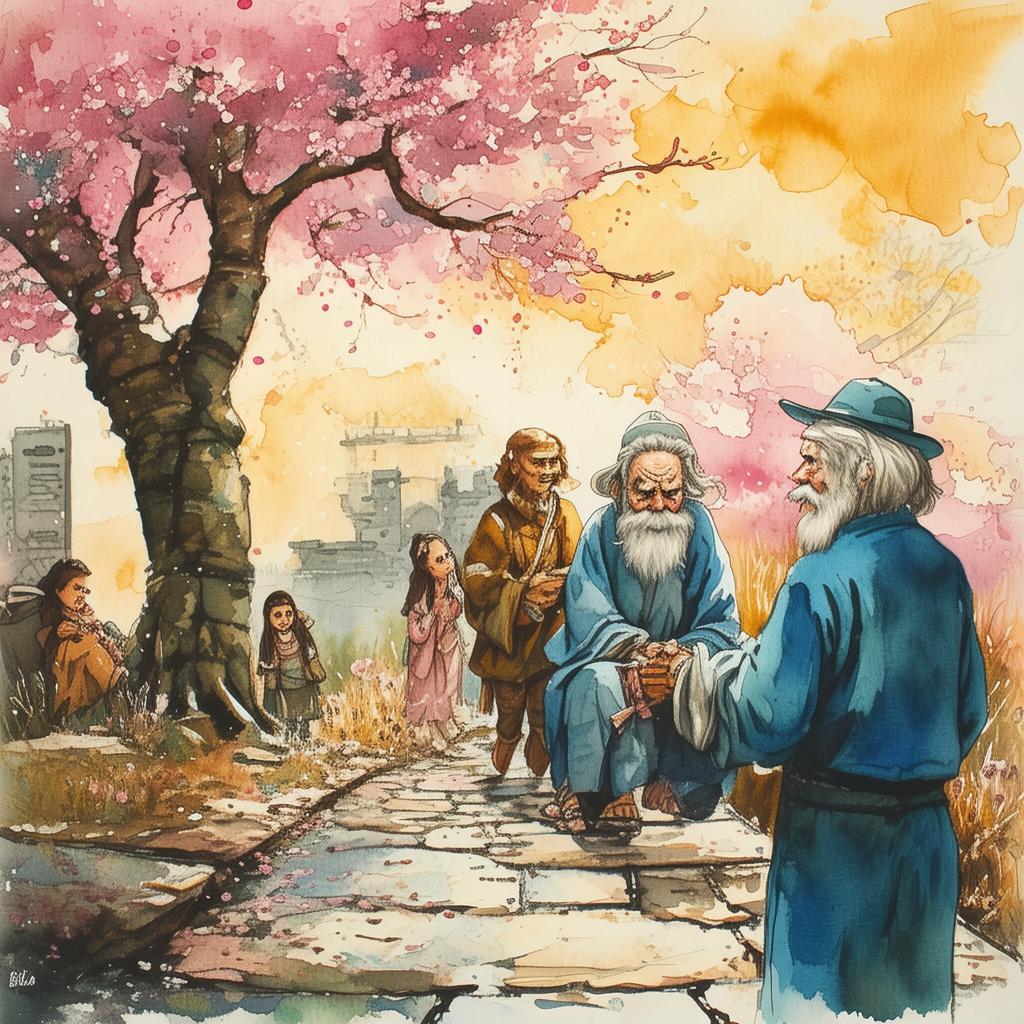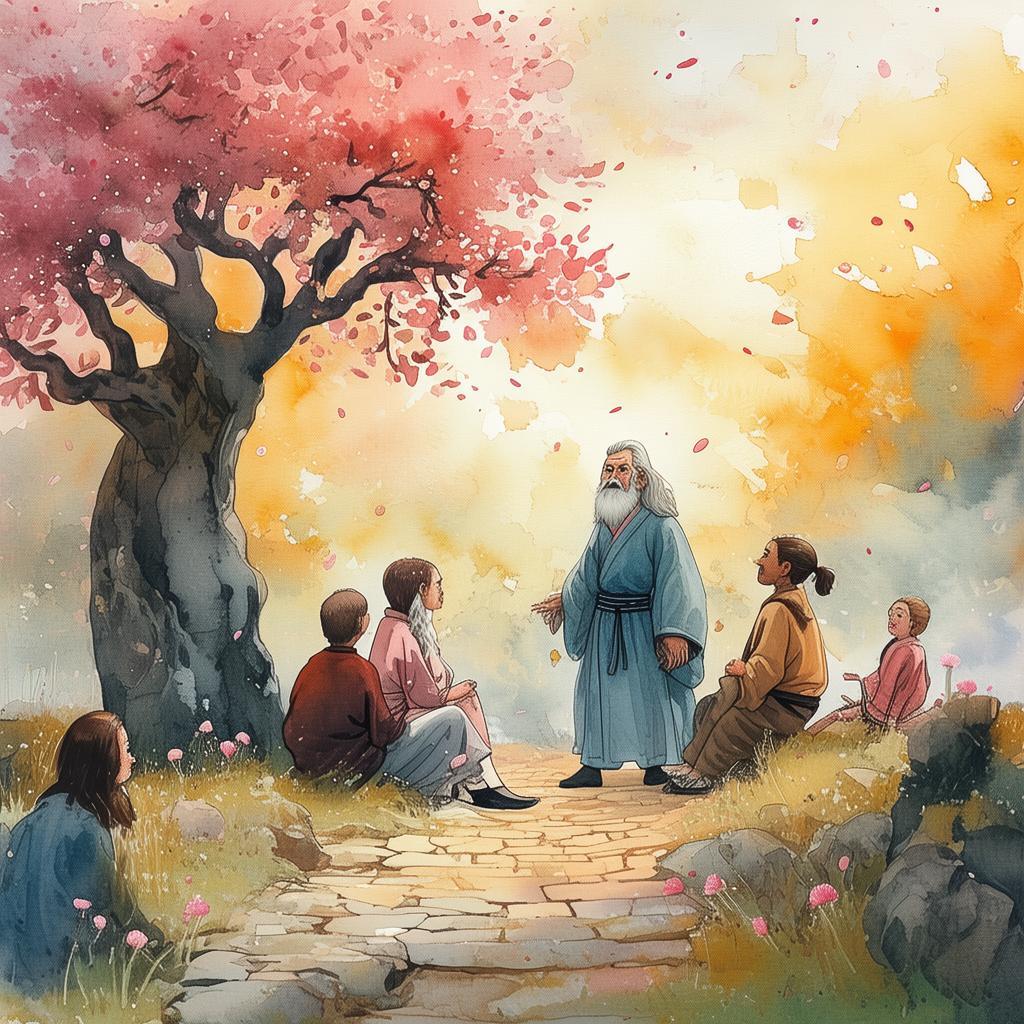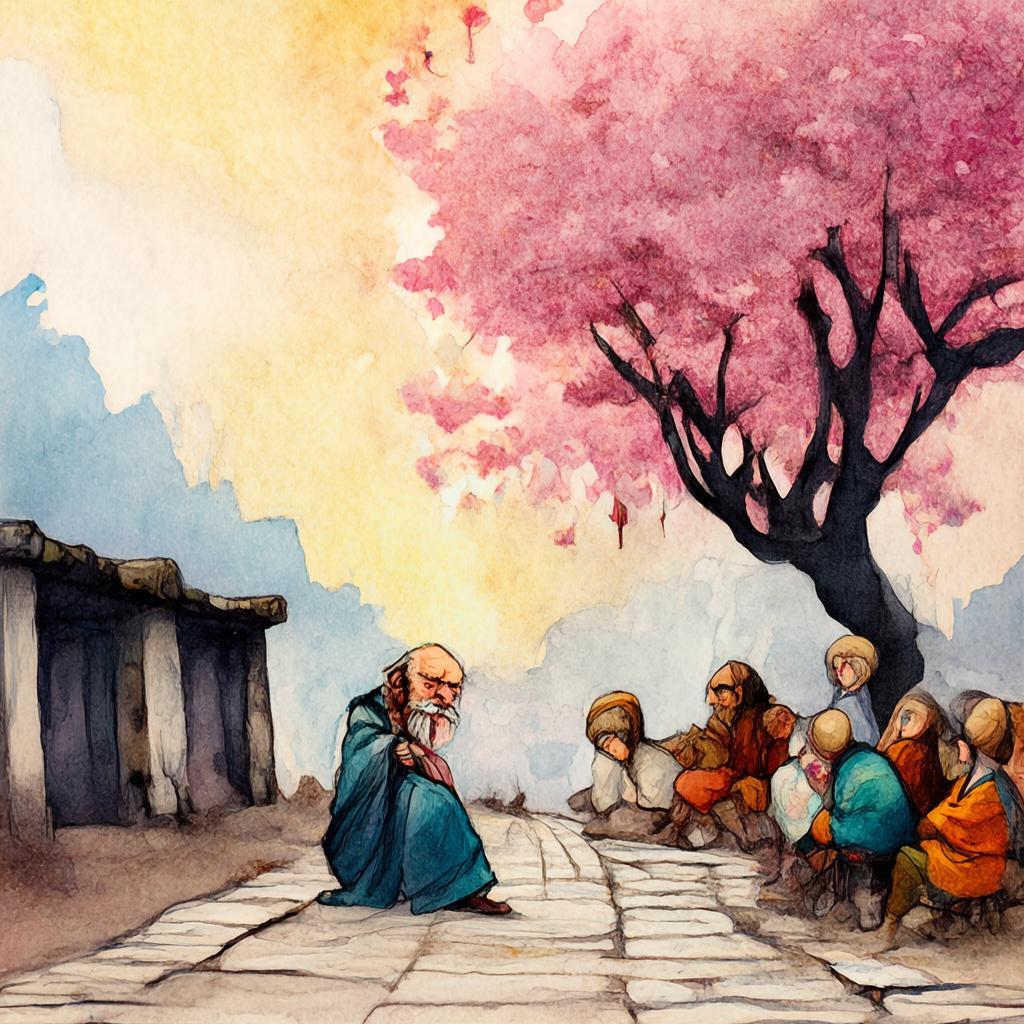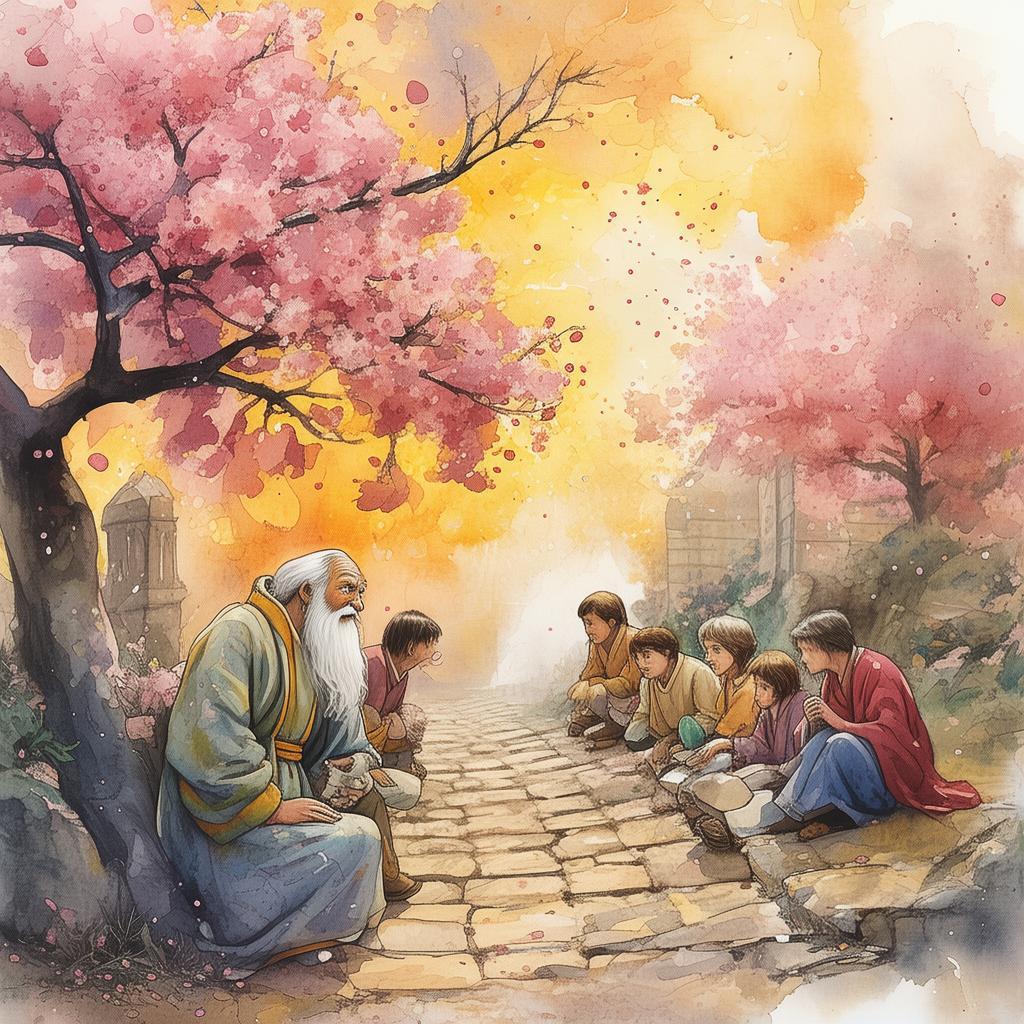The Garden of the Golden Gate: The Last Rose
In the heart of ancient Kyoto, there stood a magnificent garden known as The Garden of the Golden Gate. Its name was whispered with reverence, and its beauty was said to be unmatched. At the center of the garden was a single, solitary rose bush, with one bloom that was unlike any other—a deep crimson, with petals that shimmered as if dipped in gold.
The story of this rose bush was a legend, one that had been passed down through generations. It was said that the last rose bloom of each year held a secret, a story of love, loss, and the possibility of redemption. But the legend had grown hazy over time, and the true story was shrouded in mystery.
One cold autumn morning, a young gardener named Kaito arrived at the garden. He was an orphan, raised by the previous gardener, who had taught him the ways of tending to the rose bush. As he approached the bush, he felt a strange connection to it, as if it were alive with the spirit of the garden.

The bush had been barren for months, and Kaito was surprised to see the delicate bloom beginning to unfurl. As he gently touched it, he felt a warmth emanate from the petals. The rose was the last of the year, and it was to reveal its story to Kaito.
Kaito listened intently as the rose began to speak, its voice soft and melodious. It told of a noble samurai named Yuki, who had fallen deeply in love with a beautiful geisha named Haru. They met in The Garden of the Golden Gate, where the rose bush stood, and their love was as fierce as the flames of summer.
However, Haru was bound by her duties to the geisha house, and her heart was torn between her love for Yuki and her loyalty to her master. Despite their forbidden love, Yuki and Haru vowed to be together, even if it meant defying the world.
But the world was unforgiving, and Haru's master discovered their affair. In a fit of jealousy, he ordered Yuki's death. On the day of their planned elopement, Yuki was ambushed and killed by the master's men.
Haru, in her despair, vowed to live out her days in the garden, where she could be close to Yuki's spirit. She spent years caring for the rose bush, and as each year passed, the bloom of the rose grew more magnificent, a testament to her love and her sorrow.
The rose finished its tale, and Kaito felt a profound sense of loss. He realized that the rose was more than just a plant; it was a symbol of the enduring power of love, even in the face of tragedy.
Kaito made a vow to honor the rose's story, and he promised to protect The Garden of the Golden Gate. He would ensure that the legend of Yuki and Haru lived on, and that the rose bush would continue to bloom, a beacon of hope in the heart of Kyoto.
As he walked away from the garden, Kaito felt a sense of purpose. He knew that he was the guardian of a place where love and loss intertwined, and where the power of redemption could be found.
In the years that followed, Kaito's reputation as a gardener grew, and The Garden of the Golden Gate became a place of peace and reflection. Visitors would come from far and wide to see the last rose bloom, and each one would leave with a story to tell, inspired by the tale of Yuki and Haru.
The Garden of the Golden Gate remained a place of mystery and wonder, a testament to the enduring strength of love, and a reminder that even in the darkest of times, there is always hope.
✨ Original Statement ✨
All articles published on this website (including but not limited to text, images, videos, and other content) are original or authorized for reposting and are protected by relevant laws. Without the explicit written permission of this website, no individual or organization may copy, modify, repost, or use the content for commercial purposes.
If you need to quote or cooperate, please contact this site for authorization. We reserve the right to pursue legal responsibility for any unauthorized use.
Hereby declared.
